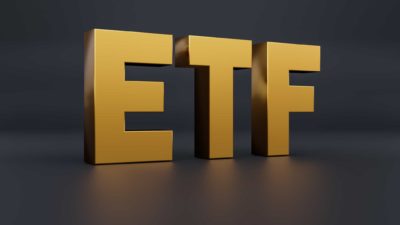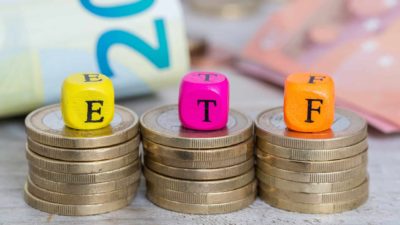When it comes to investing in international shares on the ASX, investors often turn to exchange-traded funds (ETFs). ETFs like the Vanguard MSCI International Shares Index ETF (ASX: VGS) can be an easy and cost-effective way to add some diversification to one's portfolio.
This is especially useful regarding shares listed outside the ASX, which can often be complicated to invest in on an individual share basis.
Indeed, the VGS ETF is one of the first choices for ASX investors interested in international shares. It is currently the second-most popular international shares index fund on the ASX, behind the iShares S&P 500 ETF (ASX: IVV).
Unlike IVV, which invests only in US companies, VGS is a truly international fund, offering exposure to more than 20 countries and their share markets. It has close to 1,500 individual shares within it, most of which hail from the United States.
As such, it is the most significant US shares such as Apple Inc, Amazon.com Inc and Microsoft Corporation that dominate this ETF's holdings.
But you'll also find companies from other countries such as France, Canada, Japan, Switzerland, Hong Kong and the United Kingdom in this ETF as well.
So, is VGS really the best ETF out there for international shares, as its popularity suggests?
Well, let's get under the hood of this ETF.
Performance matters
Arguably the best way to measure an ETF's quality is to look at its returns and fees compared to its rivals.
In VGS's case, this ETF has returned an average of 7.89% per annum over the past three years (as of 30 June). Over the past five, it has returned an average of 10.2% per annum.
Looking at fees, VGS charges a management fee of 0.18% per annum. That's $18 per year for every $10,000 invested.
But let's now compare these metrics to one of VGS's rivals in the ASX international shares ETF space – the iShares Global 100 ETF (ASX: IOO). IOO is an ETF that also offers ASX investors exposure to international shares. But it does so in a very different way.
Instead of the almost 1,500 individual shares in VGS's portfolio, IOO only invests in 100 of the largest companies in the world. These are pulled from a similar geographic range as the VGS portfolio, with economies from Europe, Asia and North America all represented.
But it's the performance and fees that differentiate the iShares Global 100 ETF from the Vanguard International Shares ETF.
IOO charges a management fee of 0.4% per annum or $40 a year for every $10,000 invested. So already, it is behind VGS in the fees arena.
But let's see if IOO's performance can make up for this.
IOO vs. VGS: Which ASX ETF is best?
Over the past three years, IOO has returned an average of 11.87% per annum. Over the past five, it has clocked an annual average return of 13.18%. Both metrics compare favourably against VGS, which has only managed 7.89% and 10.2%, respectively.
That outperformance makes up for IOO's slightly higher management fee, at least over those periods.
Of course, past performance is no guarantee of future returns, so there's no way of knowing whether the iShares Global 100 ETF will continue to outperform the Vanguard International Shares ETF. But I know which one I would rather have owned over the past five years.








